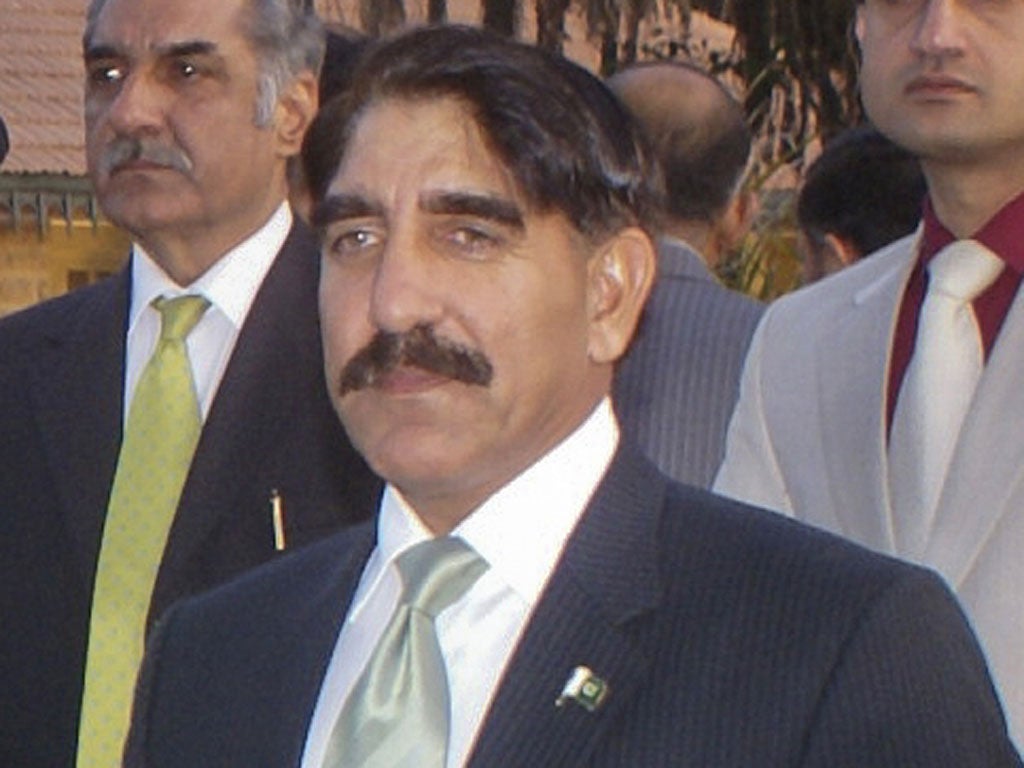Pakistan appoints a new chief of intelligence

Pakistan has announced a new head for its notorious Inter-Services Intelligence agency, ending weeks of speculation over who would fill the powerful role.
A statement from the office of Prime Minister Yousuf Raza Gilani said that Lt Gen Zaheerul Islam, a former deputy chief of the ISI, will replace Lt Gen Ahmad Shuja Pasha, who has headed the agency since 2008 and was due to retire on 18 March.
Mr Islam, who was deputy ISI director between 2008 and 2010 and who most recently has been serving as corps commander of Karachi, will play a key role if Pakistan tries to persuade the Taliban to enter peace talks to end the war in Afghanistan. He will also need to develop a close relationship with the US.
“The most important thing is that he is a very experienced officer,” said retired general Talat Masood, an Islamabad-based analyst. “He has intelligence experience, he has the confidence of the chief of the army and he is acceptable to the prime minister and president.”
While there had been some reports in the Pakistani media that Mr Pasha might seek another extension, most observers believed his tenure would not be stretched further.
It was, after all, during his time as chief of the ISI that Osama Bin Laden was discovered living in Pakistan by US intelligence and subsequently killed by American special forces. Both the operation, last May, and the revelation that the al-Qa’ida leader was covertly living in a garrison town, was hugely embarrassing for the military and intelligence services. Moreover, many believed it was impossible that Bin Laden could have been living there without the assistance of some elements within the ISI.
Shortly after that debacle, the ISI was at the centre of more controversy when it was forced to issue an unprecedented public statement denouncing suggestions that the agency was behind the killing of journalist Saleem Shahzad, who was abducted and murdered.
The ISI was also heavily wrapped up in the “Memogate” affair, which focused on a claim that President Asif Ali Zardari sought US help to guard against a military coup in the aftermath of the Bin Laden raid.
The country’s then Ambassador to the US, Husain Haqqani, was forced to stand down under pressure from the military and ISI, amid claims – denied by the diplomat – that he had sought out the Americans through an intermediary. Both Mr Pasha and Lt Gen. Ashfaq Kayani, the army chief, sought a judicial inquiry into the matter. A commission appointed by the Supreme Court is currently investigating the affair.
Subscribe to Independent Premium to bookmark this article
Want to bookmark your favourite articles and stories to read or reference later? Start your Independent Premium subscription today.

Join our commenting forum
Join thought-provoking conversations, follow other Independent readers and see their replies